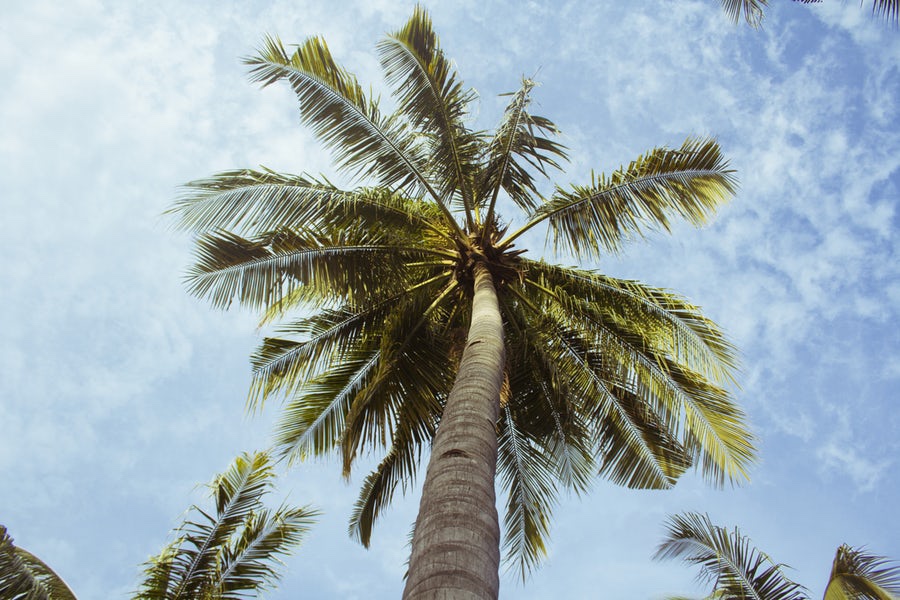The United Nations has ruled that the UK is obliged to relinquish its occupation of the Chagos archipelago.
This week’s judgement issued by the International Court of Justice (“ICJ”) in The Hague, the United Nations’ highest tribunal, means the UK is “under obligation” to relinquish control of the Chagos Islands to Mauritius “as rapidly as possibly” after it accepted the Mauritian argument that British occupation of the territory was illegal.
Occupation and settlement
Like many other colonies, the history of the small archipelago situated in the Indian Ocean is one of theft, dispossession and slavery. While the latter institution may have been abandoned, Britain never entirely gave up on the first two. In 1965, Britain took the step of separating the islands from the rest of its Indian Ocean colony which, the Mauritanian government claims, was in breach of UN resolution 1514 which five years previously had specifically banned the breakup of colonies before independence.
The local population of approximately 1,500 persons were forcibly removed in order for the US strategic airbase on Diego Garcia, the largest island in the group, to be established in 1971. This location has since proved useful as a base for bombing runs in Iraq and Afghanistan, and as a black site for the CIA’s rendition and torture operations. The local population have never been allowed to return.
UN decision
The case was referred to the ICJ after a 2017 vote in the UN General Assembly passed overwhelmingly by a margin of 94 votes to 15, although 65 countries abstained from the vote including several members of the EU such as France, Germany and Spain. The abstaining countries would have preferred the issue be resolved bilaterally through direct negotiations (even though these have historically proved unfruitful) rather than have the matter determined in court. While advisory opinions are non-binding, they can carry some legal influence and moral authority.
The judgement recognised the fact that the detachment of the Chagos archipelago from Mauritius in 1965 was not based on the free and genuine expression of the people concerned and as such its continued administration constitutes a wrongful act. A statement from the Foreign Office emphasised the fact that the decision was merely an advisory opinion and not a judgement, and argued that the defence facilities on the British Indian Ocean Territory help to protect the world from “organised crime and piracy”. The UK has promised to return the Chagos Islands to Mauritius when they are no longer required for defence purposes, but no definite date for the handover has been given.




